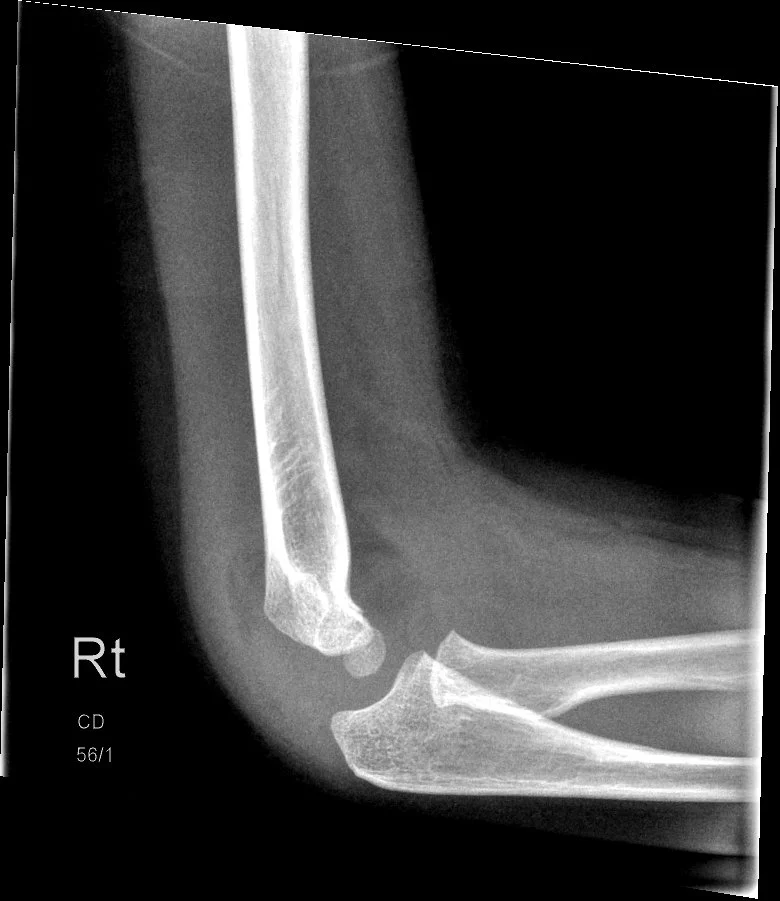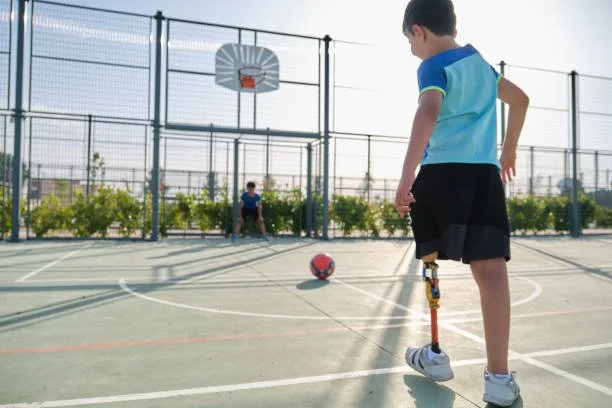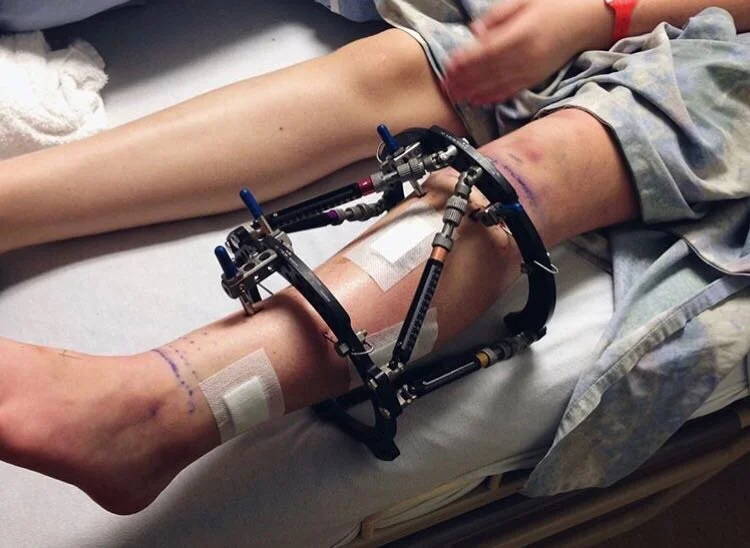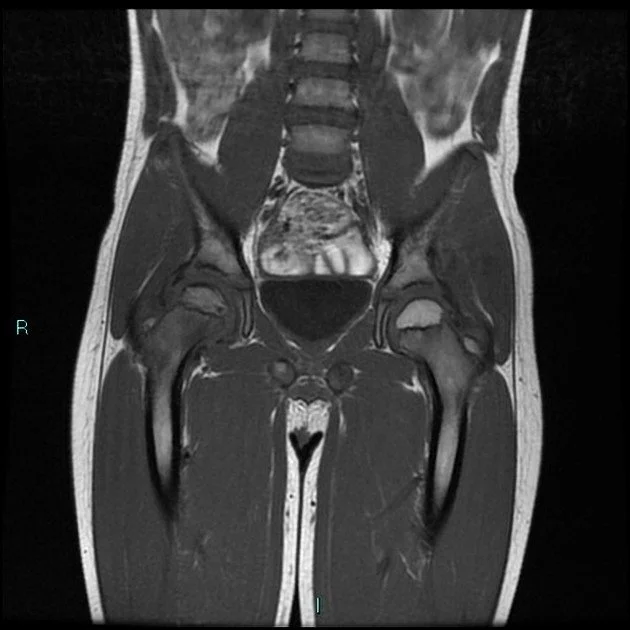Current Research Projects
Limb Deformity Database: An Observational Study of Children with Limb Differences
Our limb deformity database, which has over 467 participants to date, allows us to prospectively record outcomes of various treatment procedures for children with limb deformities. This study will enable us to compare the trajectory of treatment of congenital and acquired limb deformities, such as time in corrective frames, number of surgeries, and complications and help us determine any changes required in our ongoing clinical care based.
International Limb Differences Registry
The International Limb Differences Registry (ILDR) pools patients together with a wide spectrum of limb differences to collect data for current and future studies. The study aims to develop an international registry that encompasses the entire diagnostic spectrum, from follow-up to skeletal maturity. Currently, we are recruiting patients for our Osteogenesis Imperfecta registry.
Global POISE
The Global Pediatric Orthopaedic Implant Safety and Efficacy (POISE) Registry aims to understanding the health outcomes of pediatric orthopaedic implant devices and evaluating their safety and efficacy. This registry is multi-centre and collaborative with many sites around the world. Currently at BC Children’s Hospital, we have 99 participants enrolled, 54 of which are deformity correction participants.
SCH-RCT
This is a study revolving around upper arm fractures which aims to compare a new removable cast treatment to a traditional cast. We wish to prove that the removable cast offers equal immobilization and healing while having the added benefit of at-home removal.
Measuring what children like or dislike about their prosthesis
The aim of this project is to develop a patient-reported outcome measure to assess satisfaction with prostheses in children with amputations and limb differences. This is achieved by interviewing children with prostheses, so we can better understand what children like or dislike about their prosthesis, and what they find important about their prosthesis.
Multicentre Pin Site Infection Study
Pin site infections have been the most commonly reported complication of external fixator devices used to treat a vast majority of limb differences. Our multicentre pin site infection study aims to measure and document pin site infection rate and pin site care across Canada, US and UK through a multicenter pin site infection database housed at BCCH. This study is documenting the factors affecting the rate of pin site infections across participating surgical practices and will potentially help in identifying factors leading to pin site infections. We have 12 participating centres across Canada, USA and the United Kingdom with 239 participants enrolled. This is the largest collaboration of its kind with 14-limb reconstruction surgeons around the world.
Weightbearing MRI in Fibular Hemimelia (Open MRI)
The objective of this study is to compare lying down MRI scans to a new methodology, which uses standing MRIs. This will provide a better understanding of hip and knee joints of children with fibular hemimelia. Findings from this study will allow us to see how feasible the utility of the upright MRI is, which may influence how treatment is planned for future patients.
Standing MRI in children with Legg-Calve Perthes Disease (LCPD)
We have initiated a novel study to investigate the utility of standing MRI scans of hips affected by LCPD in children. The Centre for Hip Health and Mobility has the only research-dedicated upright MRI scanner of its kind in the world. The preliminary findings demonstrate the feasibility of upright MRI scanning and may reveal previously undetected hip deformities.











